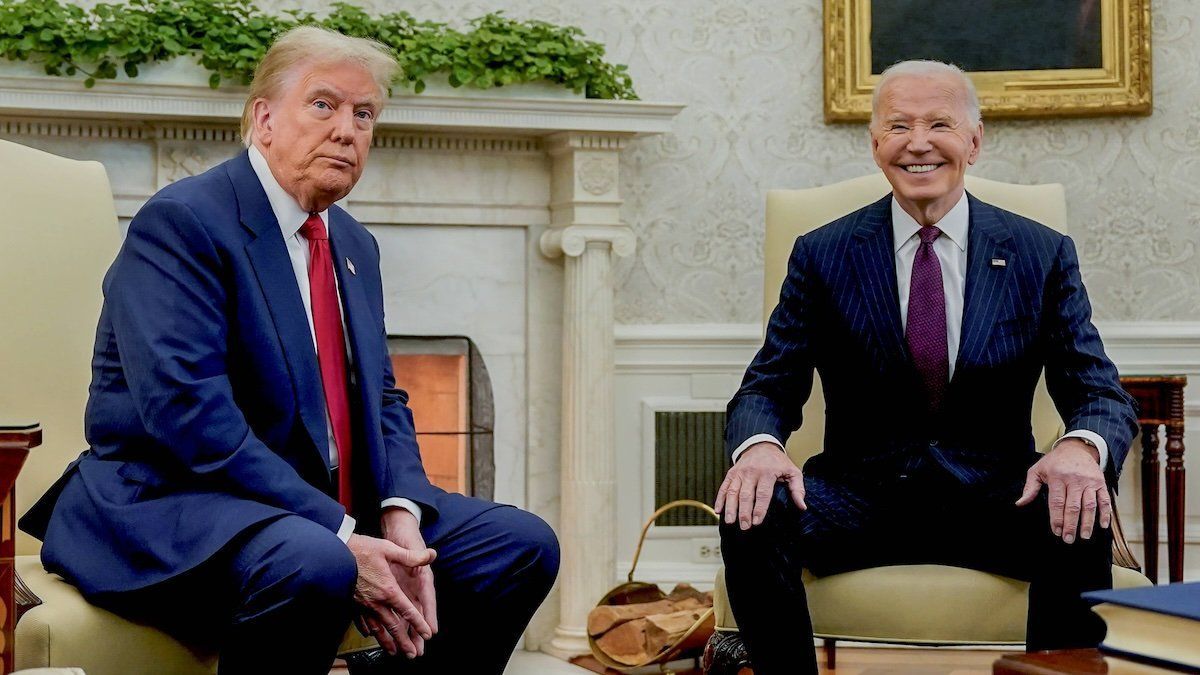Russian President Vladimir Putin signed a change to Moscow’s nuclear doctrine on Tuesday in response to US President Joe Biden’s decision to lift a ban on Ukraine using US-supplied long-range missiles on targets inside Russia. Russia will now consider an attack with conventional weapons by any country which receives support from a nuclear power to be a joint attack. Ukraine is backed by three nuclear powers: the US, France, and UK.
Is the Kremlin’s bite as strong as its bark? “Throughout the war, Russia has taken actions aimed at avoiding a direct military confrontation with NATO states, and so has NATO against Russia. Rhetoric aside, Moscow’s caution most likely hasn’t changed,” says Alex Brideau, a Russia expert at Eurasia Group.
Will Trump reverse course? President-elect Donald Trump, who’s expressed opposition to continued US aid to Kyiv, wants to quickly end the war in Ukraine and could pump the brakes on Ukrainian long range strikes once in office.
“Trump can roll back the permission or otherwise limit what Ukraine can do with the missiles,” says Brideau. “At the same time, the permission to use the missiles is a leverage point against Russia, to try to push Putin into negotiations. So it is possible Trump could hold onto that card as he tries to get the two sides to the table.”
